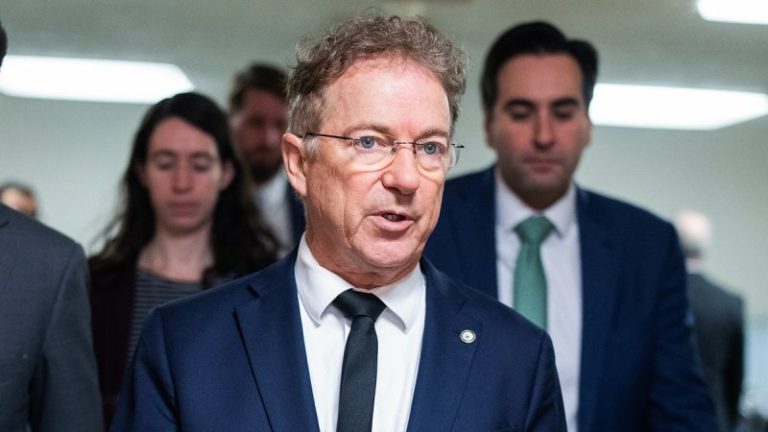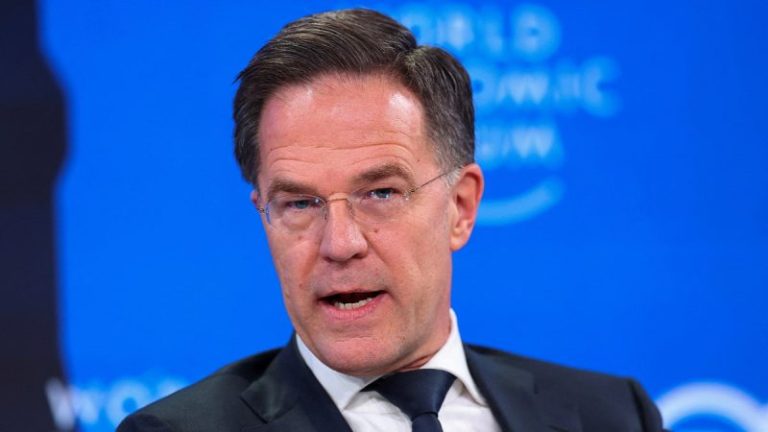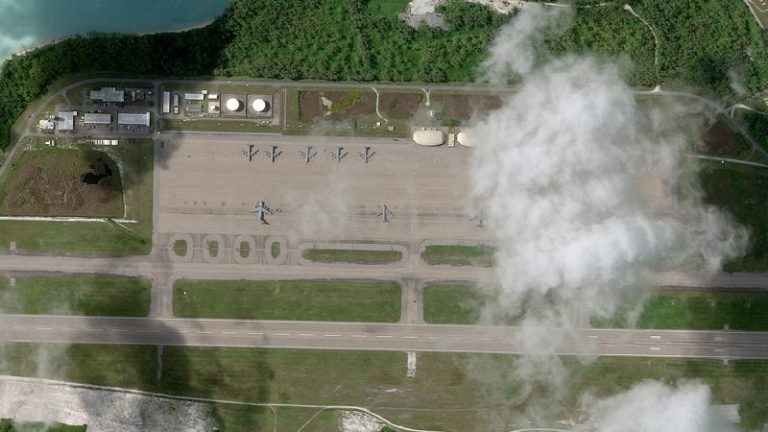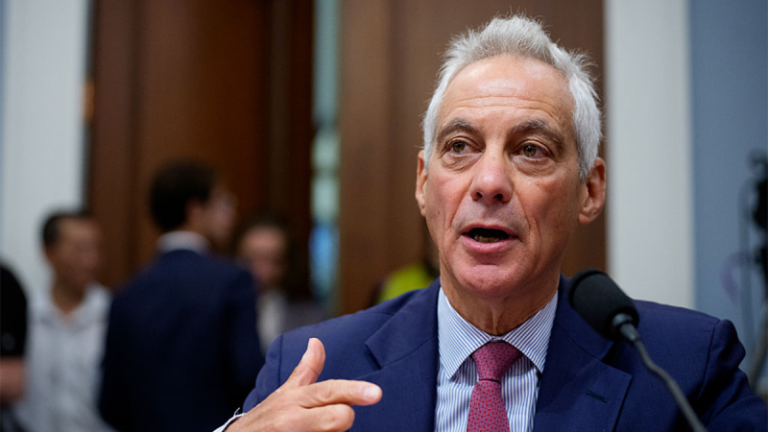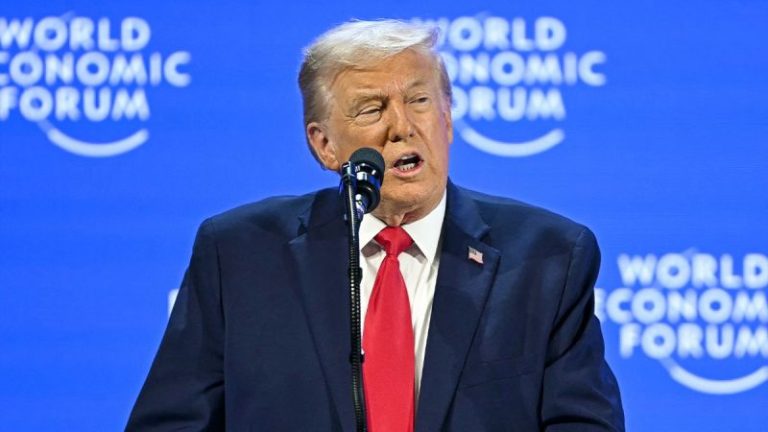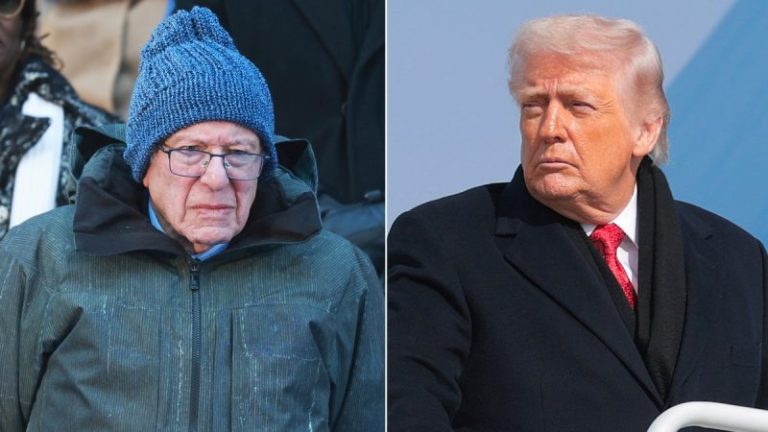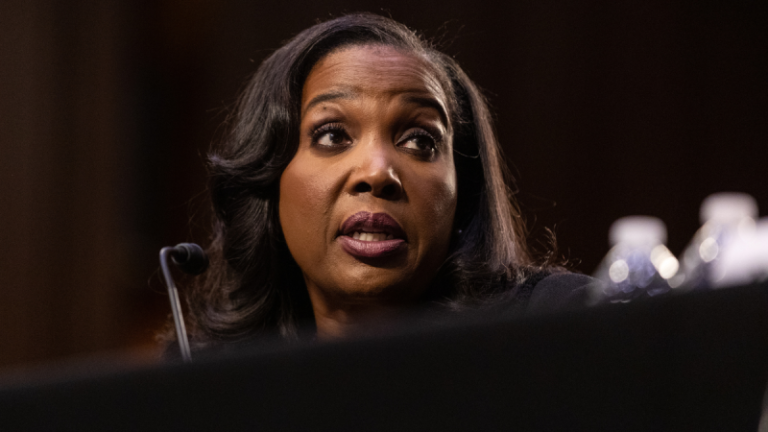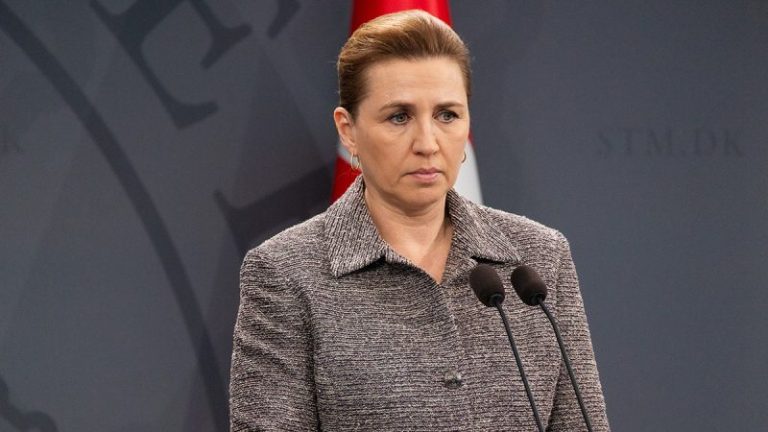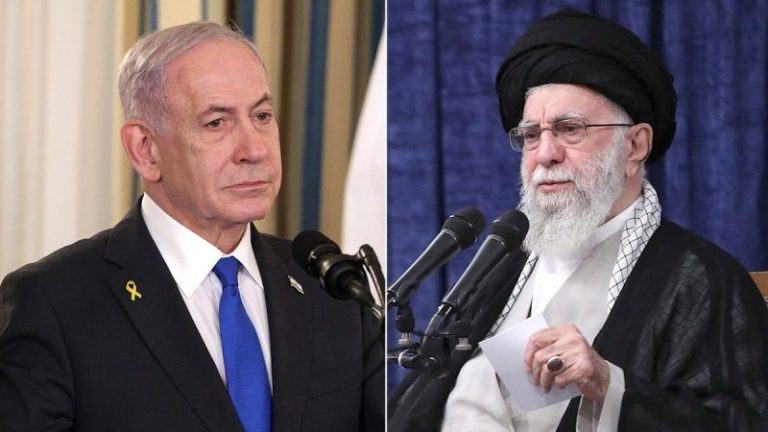Sen. Rand Paul, R-Ky., said a personal experience with Big Tech has led him to change his thinking, and he now believes companies should be liable for the content posted on their platforms.
Paul asserted that YouTube and its parent Google had refused to remove a video that falsely claimed that he had taken money from Venezuela’s Nicolás Maduro.
‘I’ve formally notified Google that this video is unsupported by facts, defames me, harasses me and now endangers my life. Google responded that they don’t investigate the truth of accusations… and refused to take down the video,’ the senator asserted in the opinion piece published by the New York Post on Monday.
Paul also noted that the person who posted the offending video removed it ‘under threat of legal penalty.’
‘My default position as a libertarian/conservative has been to defend the internet liability protections known in law as Section 230 of the Communications Act. The courts have largely ruled that Section 230 shields social-media companies from being sued for content created by third parties,’ he wrote. ‘Until now, I had not sufficiently considered the effects of internet providers hosting content accusing people of committing crimes.’
The experience was a turning point in his thinking.
‘The arrogance of Google to continue hosting this defamatory video and the resultant threats on my life have caused me to rethink Congress’ blind allegiance to liability shields,’ he asserted.
Paul accused the company of being inconsistent.
‘So Google does not have a blanket policy of refraining to evaluate truth. Google chooses to evaluate what it believes to be true when it is convenient and consistent with its own particular biases,’ he wrote.
‘This complete lack of decency, this inconsistent moderation of truthfulness, this conscious refusal to remove illegal and defamatory content has led me to conclude that the internet exemption from liability, a governmentally granted privilege and a special exemption from our common law traditions, should not be encouraged by liability shields and I will pursue legislation toward that goal,’ the senator explained.
‘I think Google is, or should be, liable for hosting this defamatory video that accuses me of treason, at least from the point in time when Google was made aware of the defamation and danger,’ he asserted.
Fox News Digital reached out to Google for comment on Wednesday — YouTube noted that the video had been pulled down by the user and is no longer on the platform. YouTube added that it relies on its openly available community guidelines to decide what material it will yank, and only takes down material ‘that poses a serious risk of egregious harm such as terrorist content.’
The video platform also claimed that it has always advocated for anyone to be able to share their view, asserting that it does not check the accuracy of individual videos ‘and the vast majority of content stays up.’

